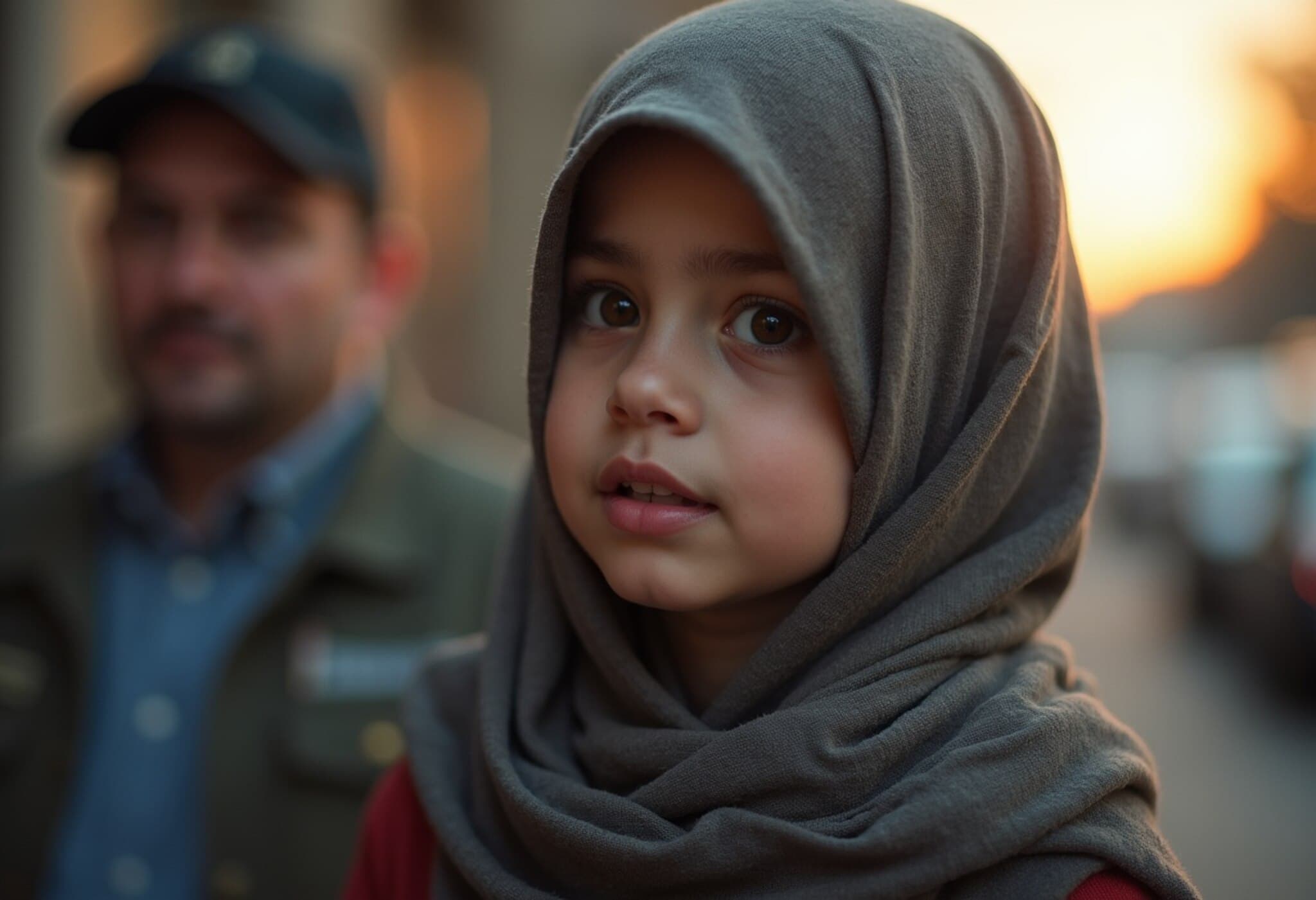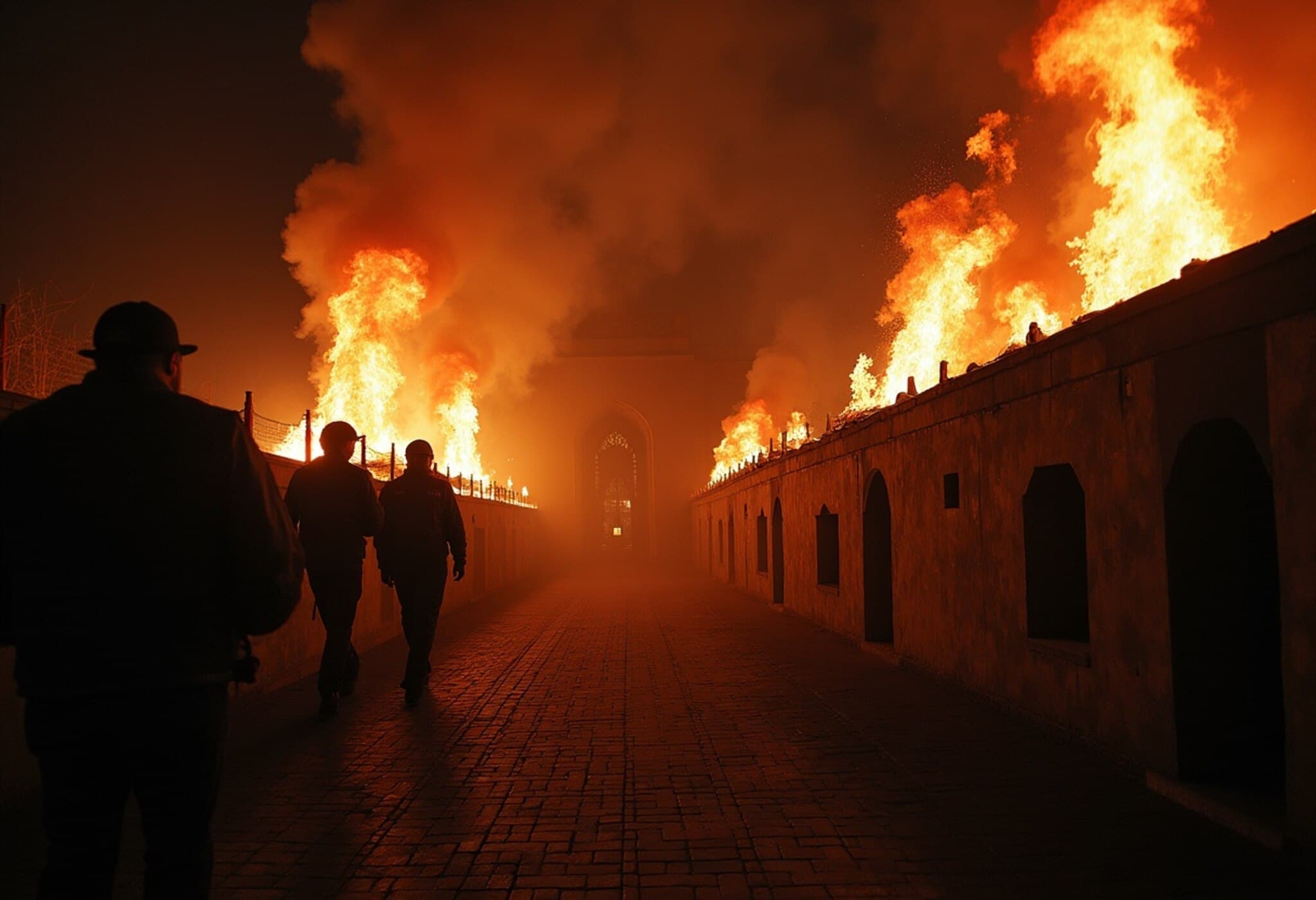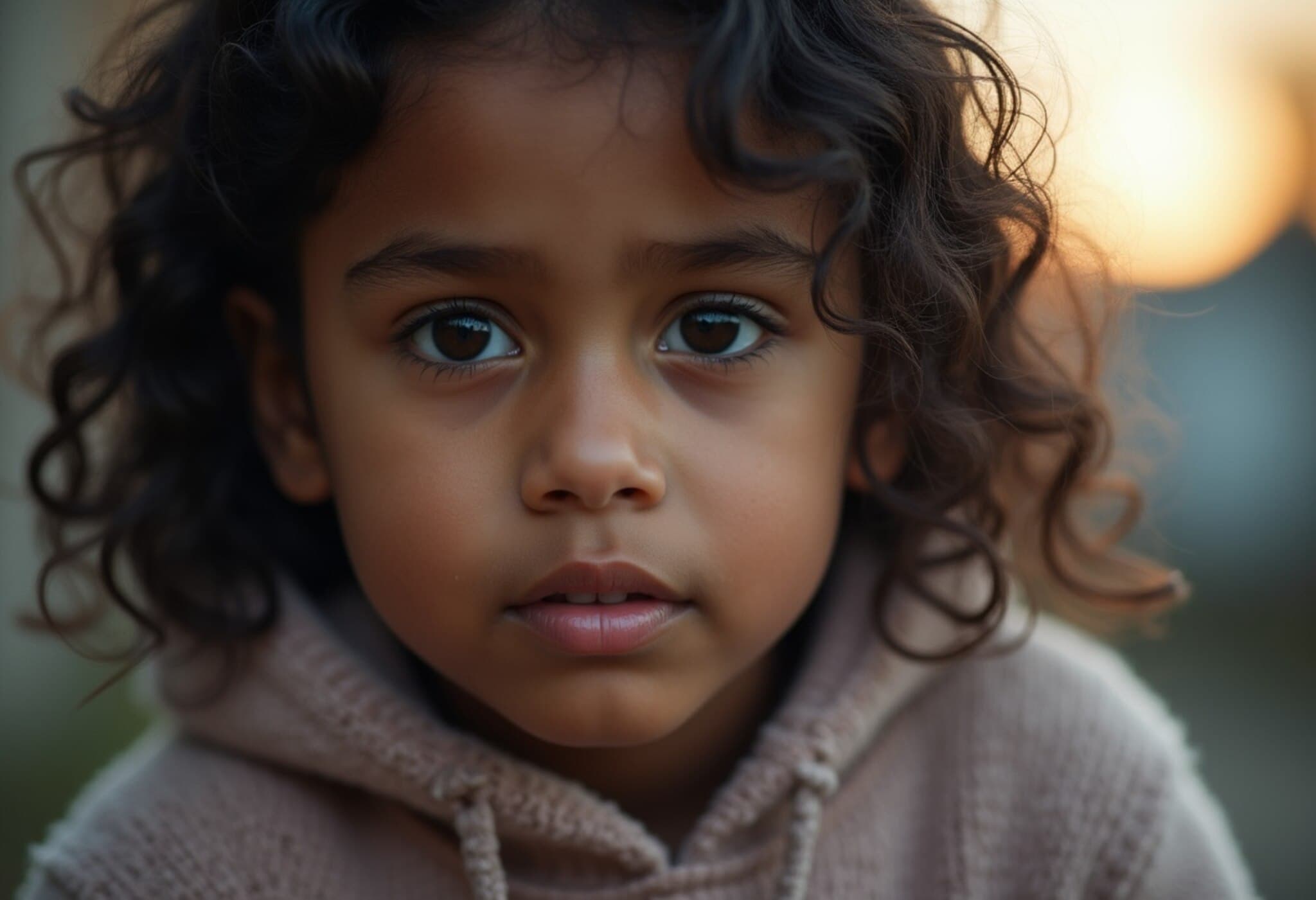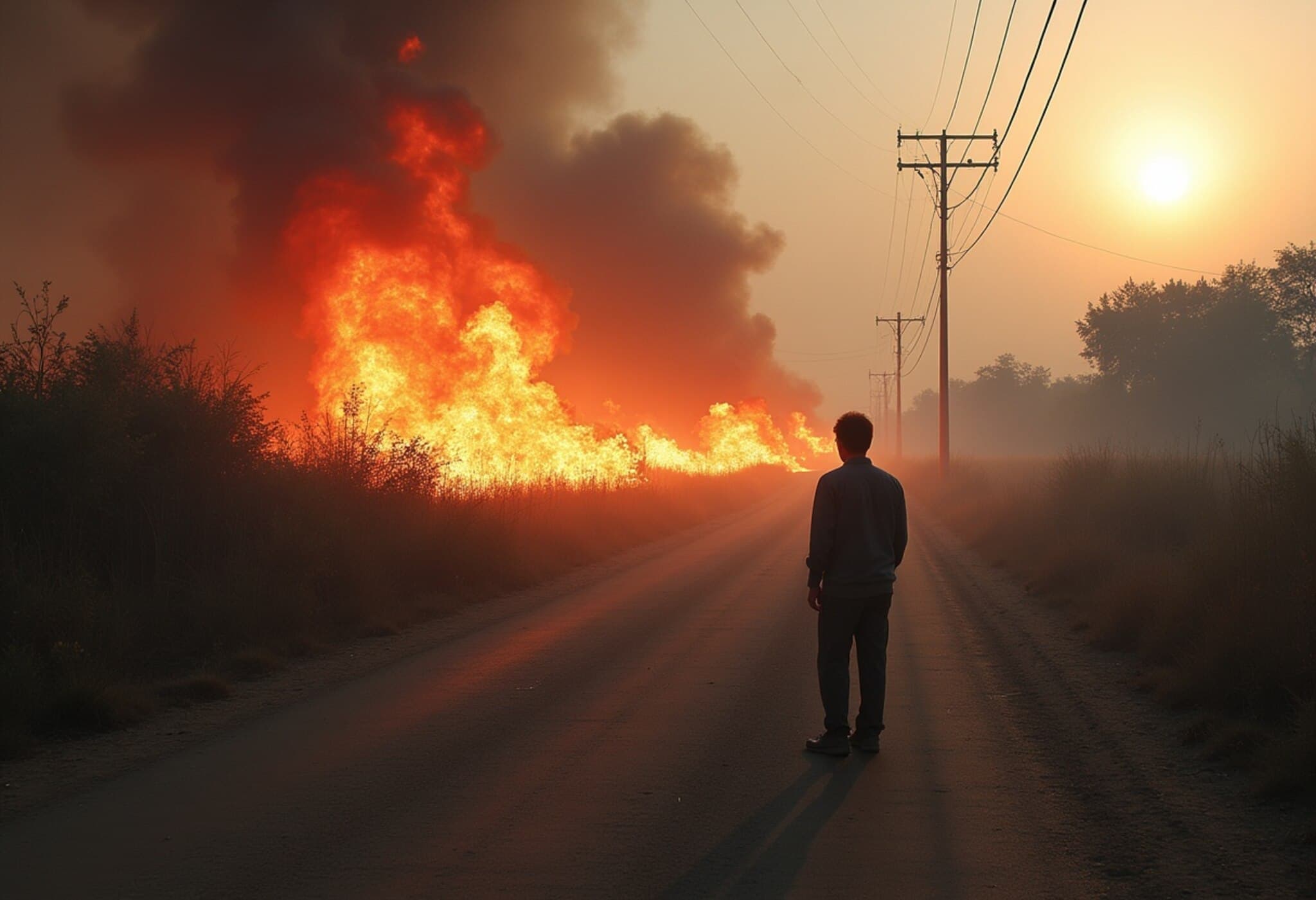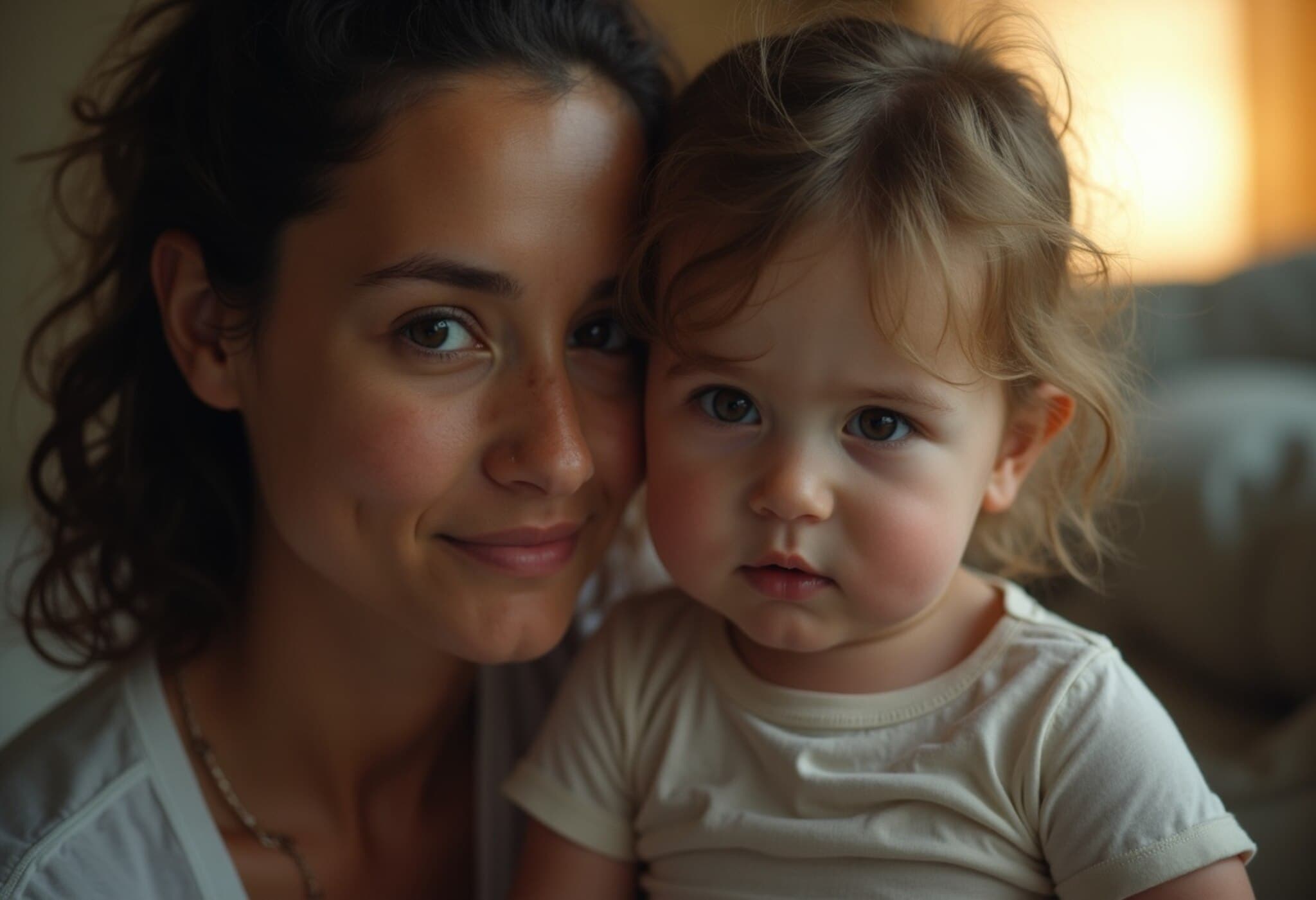Illinois Landlord Who Murdered Palestinian-American Child Dies in Custody
In a chilling case that underscored the persistent threat of hate crimes in American communities, Joseph Czuba, a 73-year-old landlord, has died while serving a 53-year prison sentence for the brutal stabbing death of 6-year-old Palestinian-American boy Wadee Alfayoumi. The tragedy, which occurred in October 2023, sent shockwaves through the Plainfield, Illinois community and ignited urgent conversations about Islamophobia, racial violence, and hate crime legislation in the United States.
Background: A Hate-Fueled Attack Amid Rising Tensions
Just days after the outbreak of the Israel-Hamas war in October 2023, tensions within the U.S. Muslim and Middle Eastern communities intensified, tragically culminating in this violent attack. Authorities concluded that Joseph Czuba targeted Wadee and his mother, Hanan Shaheen, solely because of their Islamic faith, a fact that emerged prominently during the trial.
According to court records and testimony, Czuba, who owned the property where the family rented rooms, unleashed a horrifying assault. During the attack, he stabbed Wadee 26 times, leaving the knife embedded in the child’s body — a brutal detail corroborated by graphic crime scene photos and videos, some so distressing that the presiding judge shielded the courtroom audience from them out of respect for the family.
The Trial and Community Response
The trial revealed harrowing details, including Wadee’s mother’s courageous depiction of the assault and her frantic 911 call, heard by jurors during proceedings. Czuba’s own ex-wife testified against him, describing his escalating agitation over the Middle East conflict as a potential catalyst.
After less than 90 minutes of jury deliberation, Czuba was found guilty of murder, attempted murder, and multiple hate crime charges. He was sentenced to 53 years in prison.
This attack profoundly affected the local Palestinian and Muslim communities, which have a strong presence in Plainfield and surrounding suburbs. Wadee’s funeral drew widespread attendance, reflecting a community grappling with grief and outrage. In his memory, Plainfield officials dedicated a park playground, a poignant symbol of resilience and remembrance.
Death in Custody and Lasting Impact
On July 24, 2025, the Will County Sheriff’s Office announced Czuba had died in the custody of the Illinois Department of Corrections. Though the specifics of his death have not been publicly detailed, his passing occurred just three months after sentencing.
Ahmed Rehab, the executive director of the Council on American-Islamic Relations (CAIR) Chicago, issued a somber statement acknowledging Czuba’s death but emphasizing that the underlying hatred and Islamophobia remain a persistent threat:
“This depraved killer has died, but the hate is still alive and well.”
Broader Context: Hate Crimes and the Law
This tragic episode underscores the ongoing challenges the U.S. faces in addressing hate crimes targeting religious and ethnic minorities, particularly amid international conflicts that can inflame domestic tensions.
Experts note that hate crime reporting and prosecution have improved over the years, but gaps remain, especially in ensuring community safety and addressing root causes such as xenophobia and misinformation. The case also highlights the importance of local community support systems and public officials’ roles in fostering inclusivity.
Looking Forward: Questions for Society
- How can law enforcement and communities better detect and prevent escalating tensions fueled by global conflicts?
- What legislative or social initiatives could help more effectively combat hate crimes motivated by religious or ethnic bias?
- How can multimedia coverage balance transparency with sensitivity when presenting graphic evidence to the public?
- What role should landlords and property owners play in safeguarding tenants from discrimination and violence?
Editor's Note
The death of Joseph Czuba, while concluding legal proceedings, does not close the urgent conversation about hate crimes in America. This tragic event reveals how international conflicts reverberate on American soil, exacerbating vulnerabilities in minority communities. It calls for a renewed commitment at every level—from policy makers to neighbors—to address hate not only through laws but through education, empathy, and sustained community engagement.

